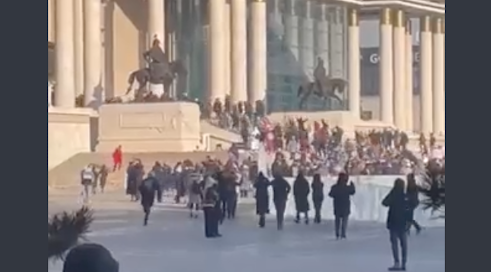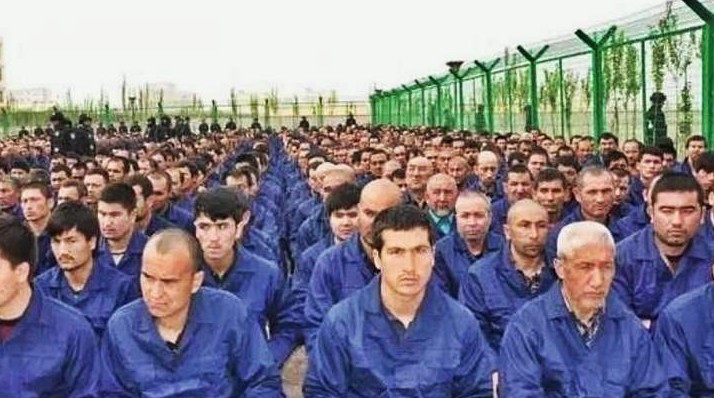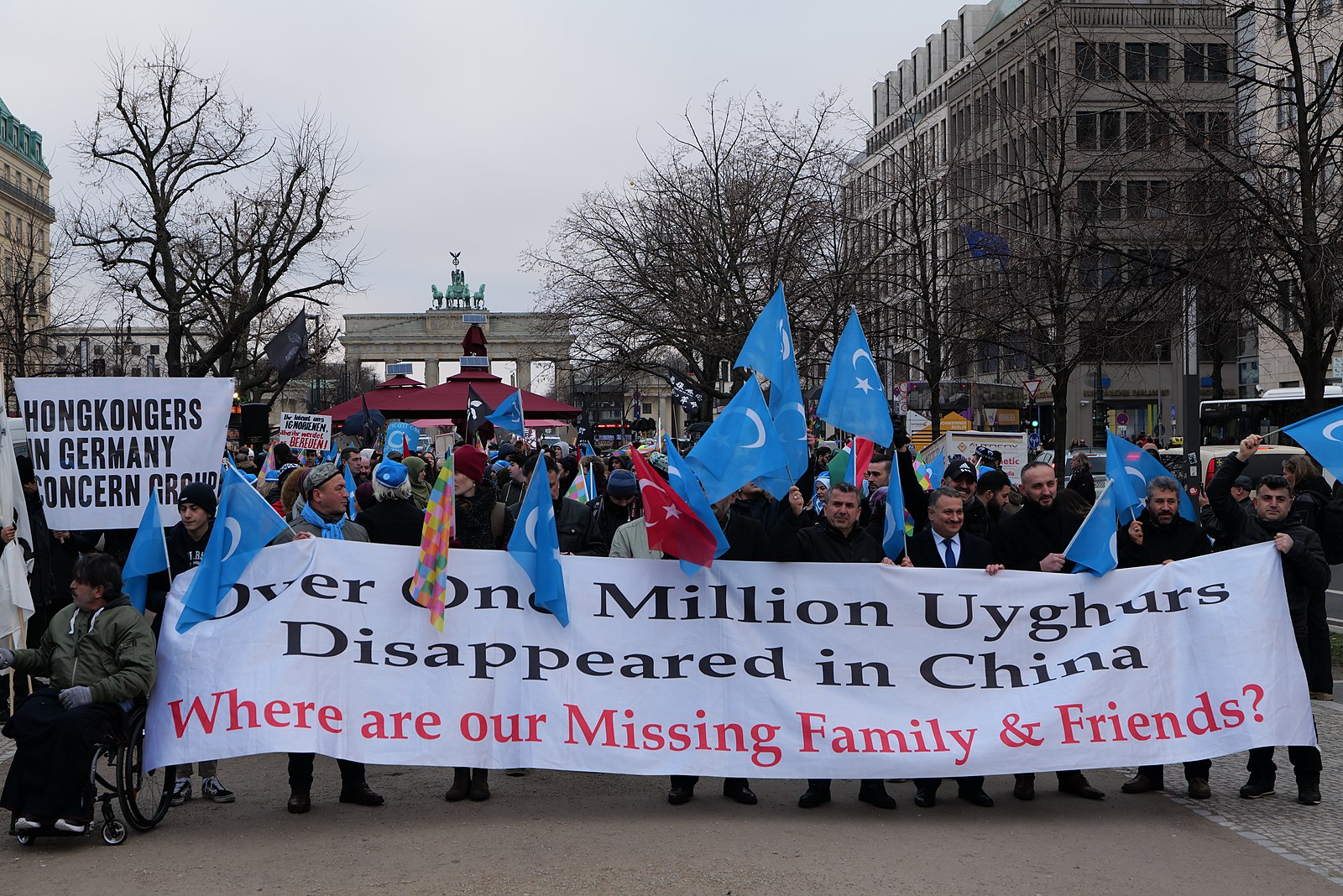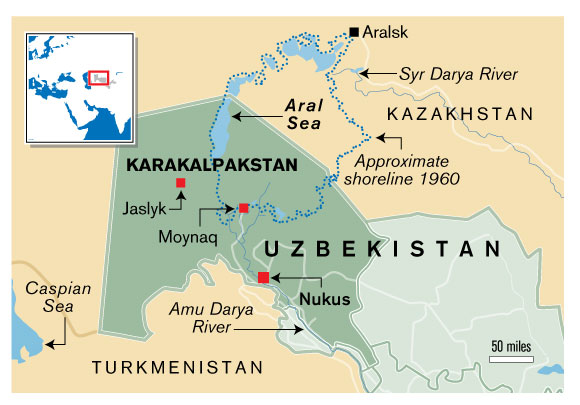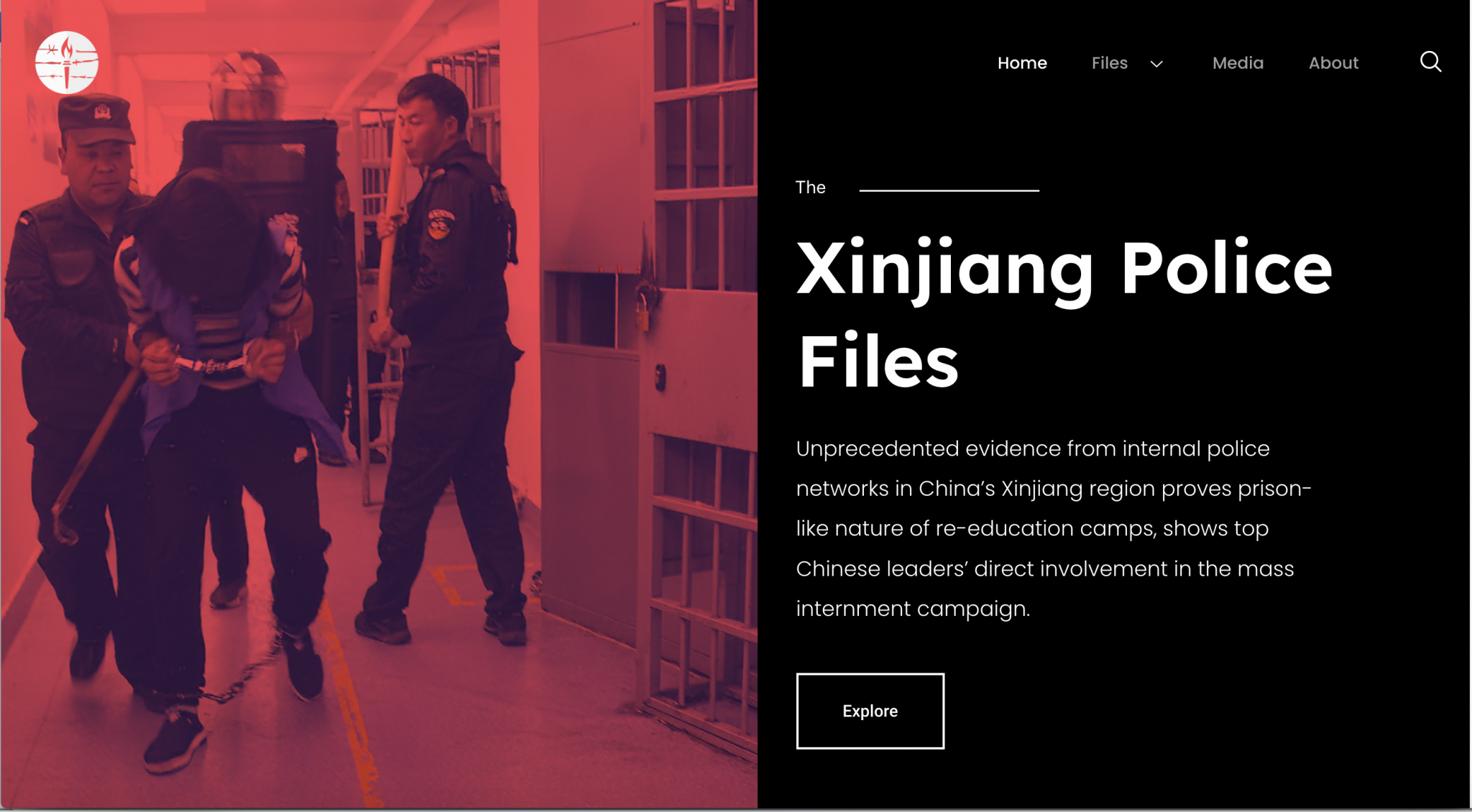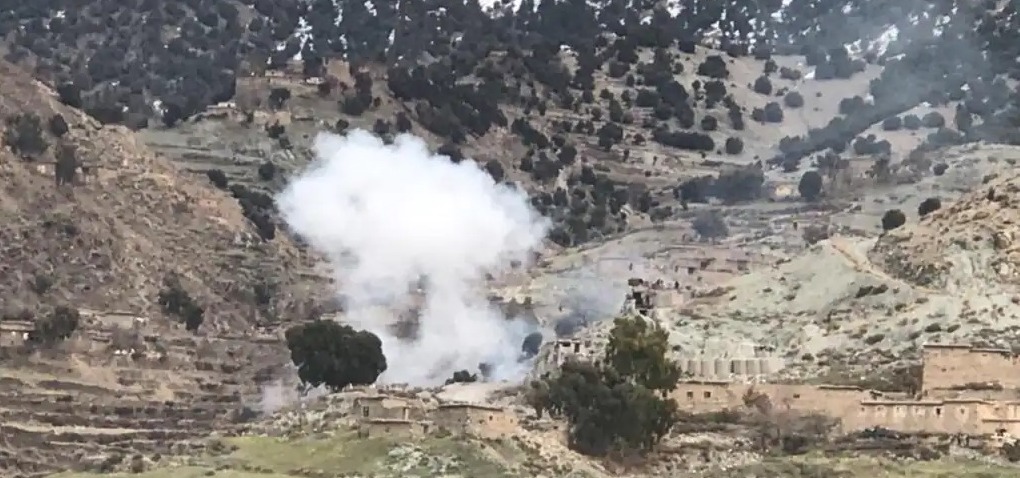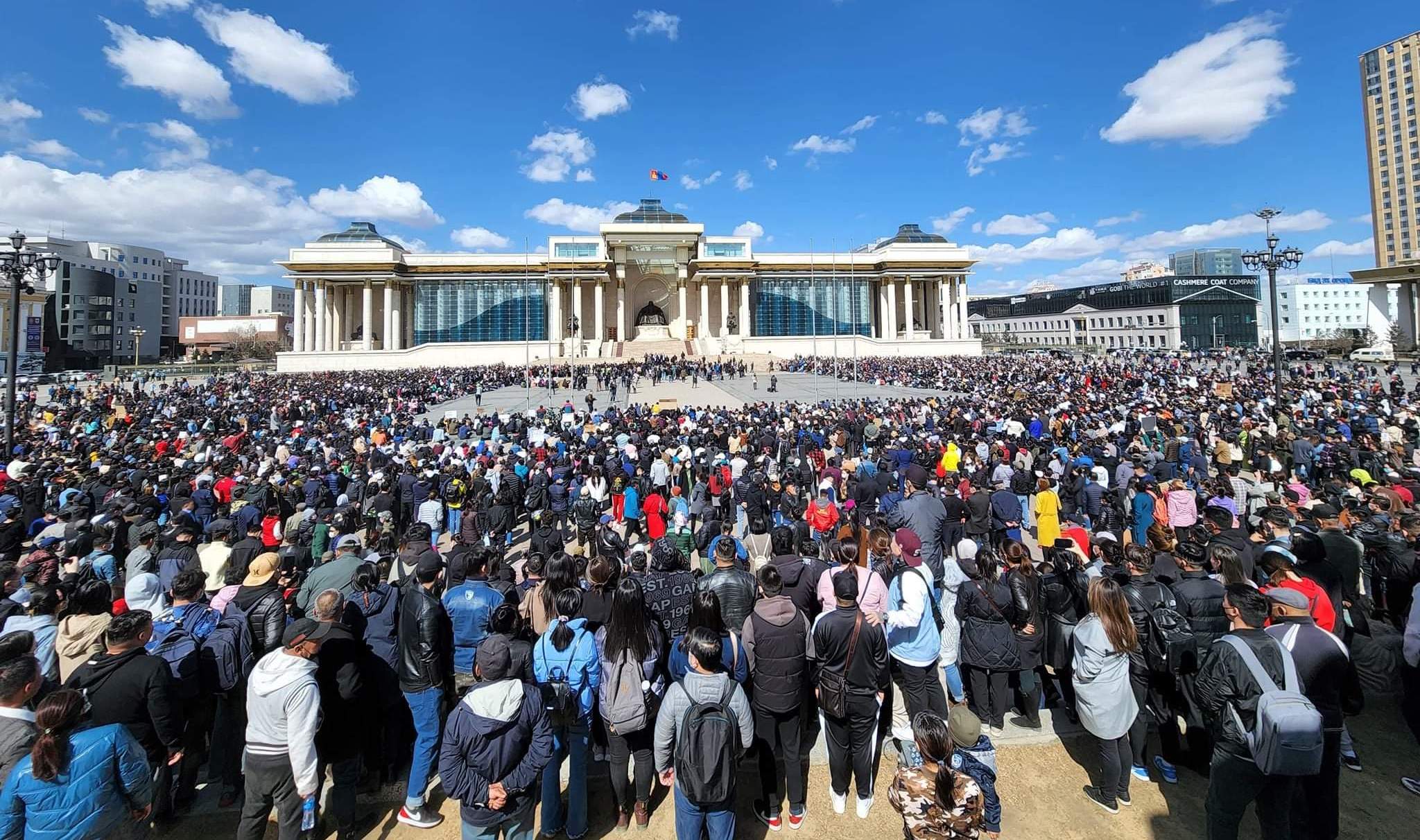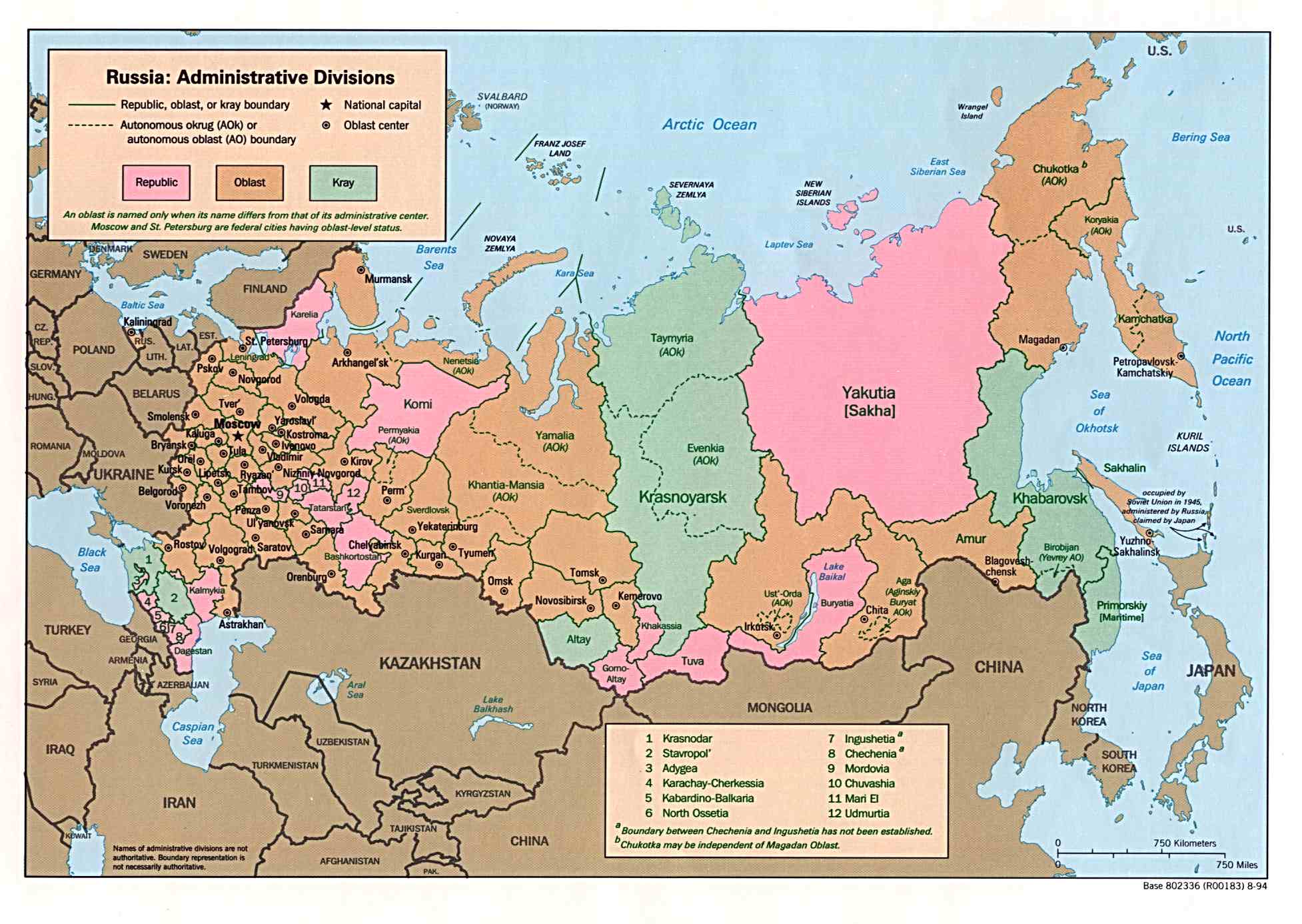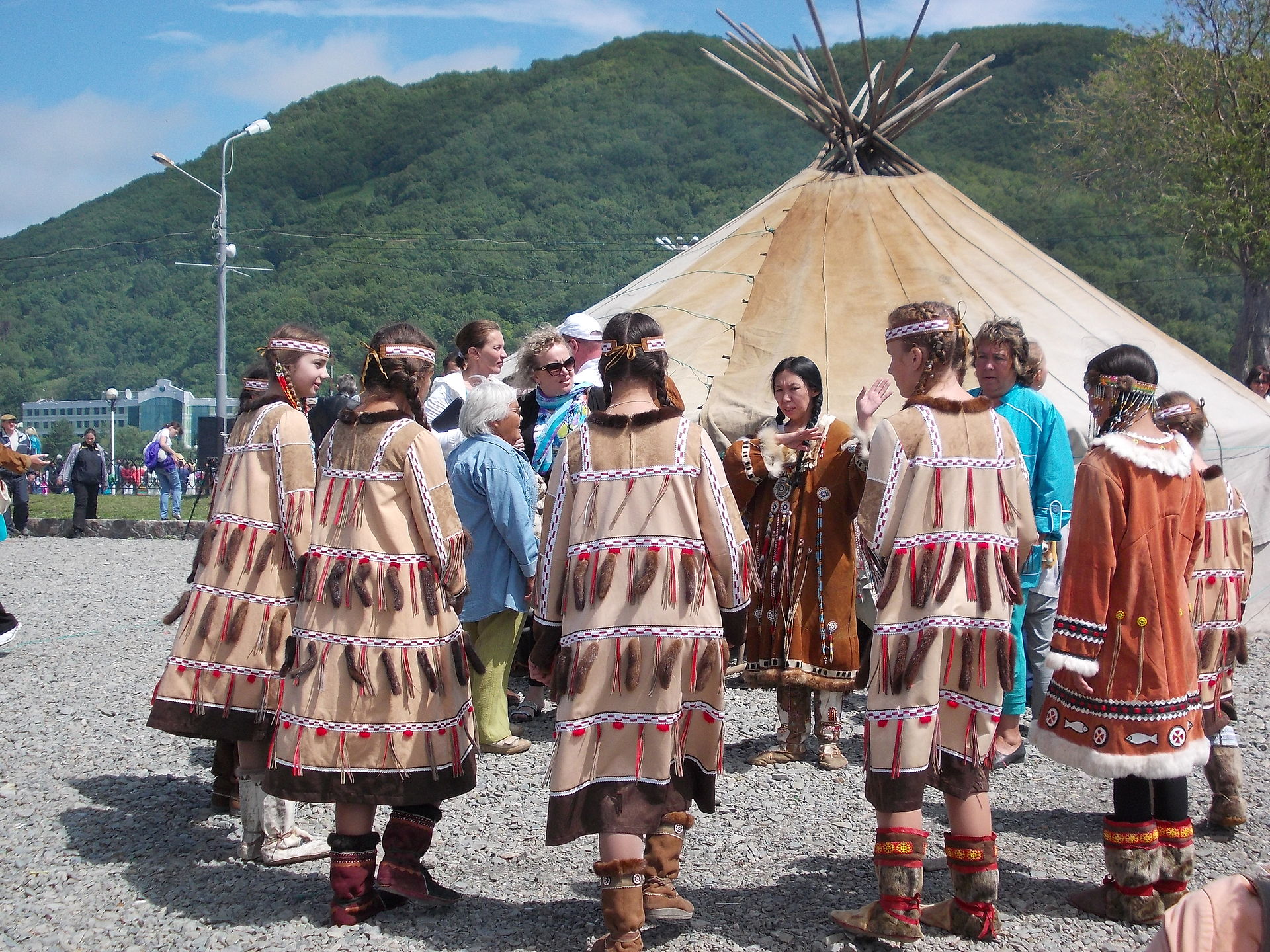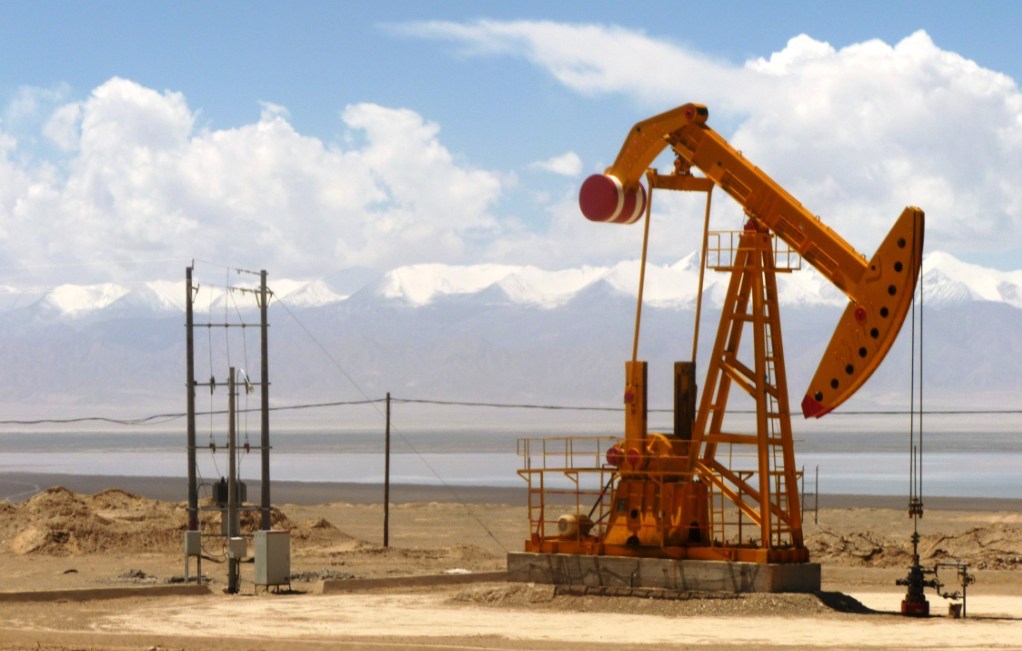Taliban regime in oil deal with Chinese company
Afghanistan’s Taliban regime has agreed to sign a contract with a Chinese company to exploit oil in the Amu Darya basin in the country’s north. The contract with the Xinjiang Central Asia Petroleum & Gas Co. (CAPEIC) is to be the first major resource extraction deal the regime has signed with a foreign company since taking power in 2021. “The Amu Darya oil contract is an important project between China and Afghanistan,” China’s ambassador, Wang Yu, told a joint press conference with Taliban officials in Kabul. Beijing has not formally recognized the Taliban government but has significant interests in Afghanistan, a country deemed critical for its Belt & Road Initiative. (Map: Perry-Castañeda Library)



